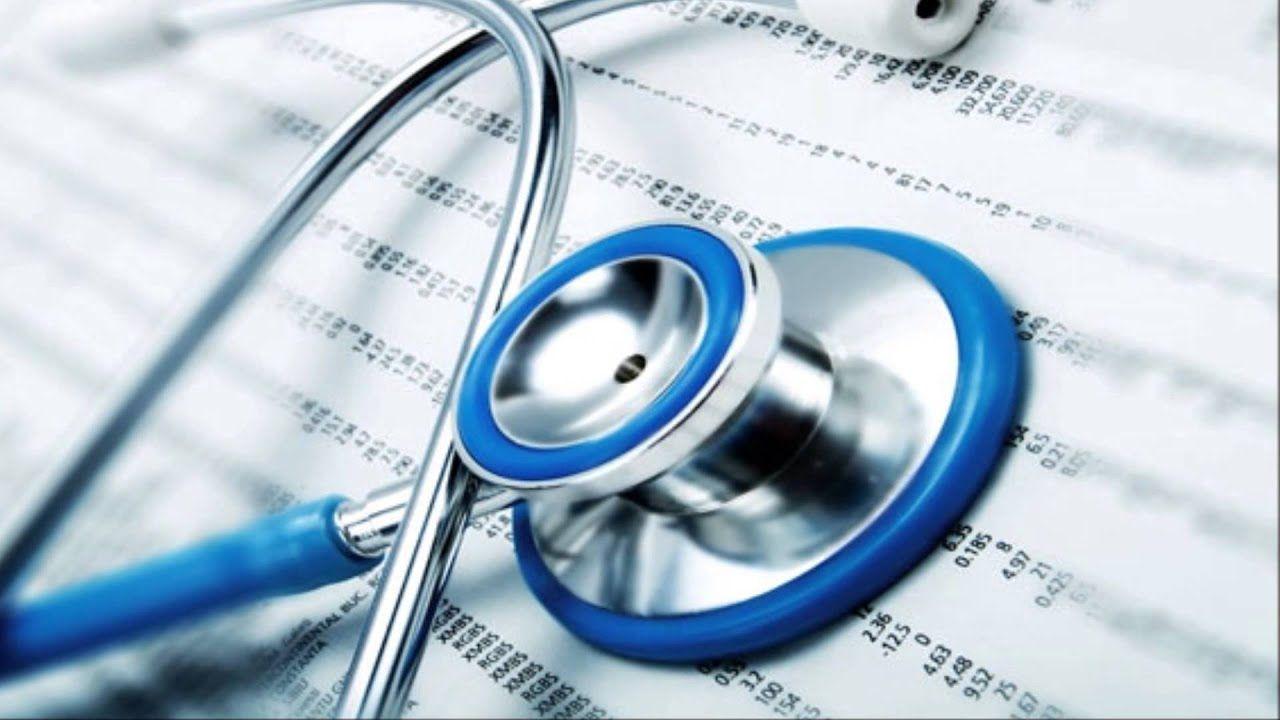The Importance of Professional Development for Medical Admins
The Importance of Professional Development for Medical Admins
Blog Article

In the fast-paced world of healthcare, the role of medical administrative assistants is crucial for ensuring that operations run smoothly and efficiently. These professionals are at the heart of medical practices, managing everything from patient records to appointment scheduling. As the field continues to evolve, it becomes increasingly important for medical admins to pursue professional development, including obtaining specialized certifications. This not only enhances their skills but also significantly contributes to the overall success of healthcare teams.
One emerging area that highlights the value of professional certification is medical scribing, where administrative staff play a vital role in documenting patient interactions and ensuring accurate medical records. With the growing demand for precise documentation in patient care, being certified as a medical scribe can set candidates apart in the job market. Professional development opportunities like these empower medical administrative assistants to advance their careers while improving the quality of care provided to patients.
Role of Medical Admins
Medical administrative assistants play a crucial role in the healthcare system, acting as the backbone of medical facilities. They manage various administrative tasks that ensure smooth operations within a medical office, clinic, or hospital. Their responsibilities include scheduling appointments, maintaining patient records, and handling billing and insurance claims. By efficiently managing these tasks, medical admins help healthcare providers focus on patient care.
Medical Scribe Certificate
In addition to administrative duties, medical admin professionals often serve as a vital communication link between patients and healthcare providers. They are responsible for answering patient inquiries, providing information about procedures, and explaining office policies. Their ability to communicate effectively is essential for creating a welcoming environment and enhancing patient satisfaction. This role not only requires strong organizational skills but also a compassionate approach to patient interactions.
As the healthcare landscape becomes more complex, the importance of medical admin professionals continues to grow. The emergence of roles such as medical scribes further highlights the evolving nature of this field. Scribes assist physicians by documenting patient encounters in real time, allowing doctors to focus more on patient care rather than paperwork. This integration of technology and administrative support underscores the invaluable contributions of medical admins in promoting efficient healthcare delivery.
Benefits of Professional Development
Engaging in professional development offers medical administrative assistants numerous advantages that enhance their careers and improve workplace efficiency. By pursuing relevant training and certification, individuals can deepen their understanding of medical terminology, coding, and billing processes. This expertise not only boosts their confidence but also enables them to perform their roles more effectively, leading to streamlined operations within healthcare facilities.
Moreover, professional development promotes career advancement. As medical assistants gain new skills and knowledge, they become more competitive in the job market. Certifications can open doors to higher-paying positions and specialized roles, such as medical scribe or clinic manager. Employers recognize the value of continued education and often seek candidates who demonstrate a commitment to professional growth, making these individuals more attractive hires.
Finally, ongoing education fosters a culture of learning within healthcare organizations. When medical administrative assistants invest in their development, they contribute to a more skilled and knowledgeable workforce. This shared commitment to excellence not only enhances patient care but also improves teamwork and communication among staff, ultimately benefiting the overall healthcare environment.
Skills Needed for Medical Scribes
Medical scribes play a crucial role in healthcare settings, requiring a diverse skill set to effectively support medical professionals. One of the essential skills is strong communication. Scribes must convey information accurately between healthcare providers and patients. This includes taking detailed notes during patient encounters, ensuring that all relevant information is documented clearly. Excellent listening abilities are equally important, as scribes need to understand the context and nuances of medical conversations to ensure precise documentation.
Another key skill for medical scribes is proficiency in medical terminology. Familiarity with medical language allows scribes to understand complex clinical discussions and record the information correctly in electronic health records. This knowledge helps to maintain a high standard of accuracy in clinical documentation, which is vital for patient care and legal compliance. Continuous learning and updating of terminology are essential as the medical field evolves, emphasizing the importance of ongoing professional development.
Lastly, the ability to work efficiently under pressure is critical for medical scribes. They often work in fast-paced environments where time constraints are common. Effective time management and organizational skills enable scribes to prioritize tasks and manage their workload without compromising the quality of documentation. This skill set ensures that healthcare providers can focus on patient care while relying on scribes for accurate and timely record-keeping.
Report this page